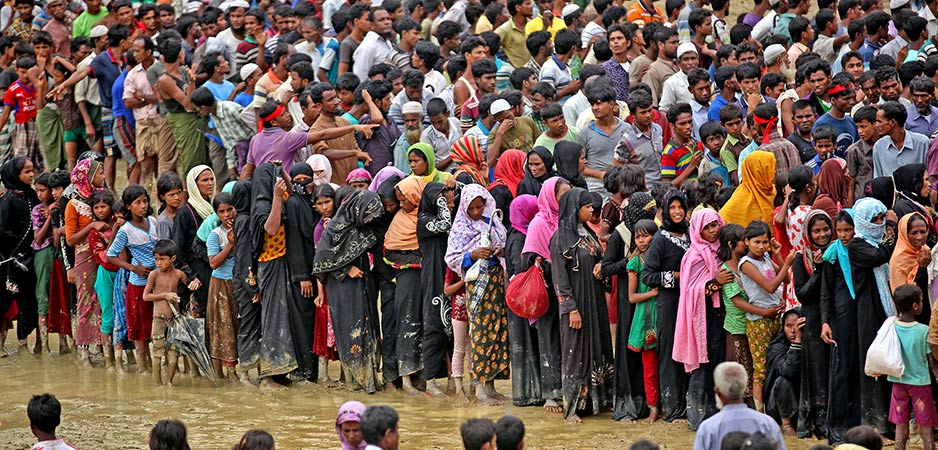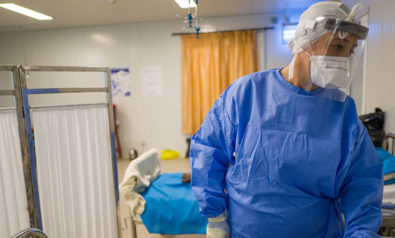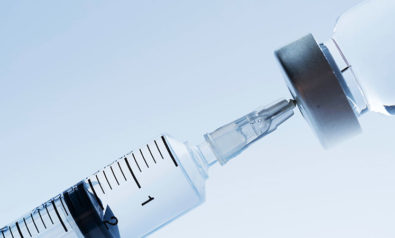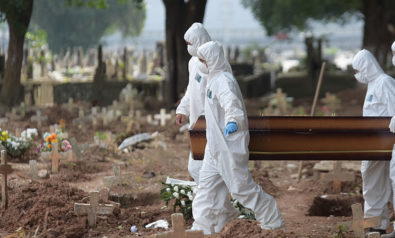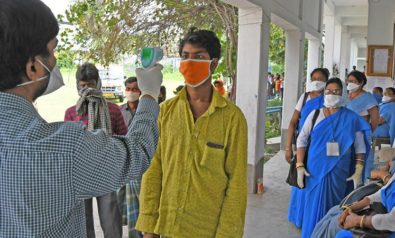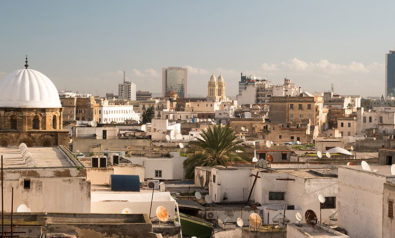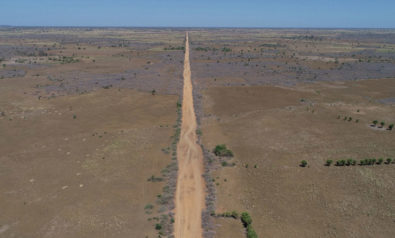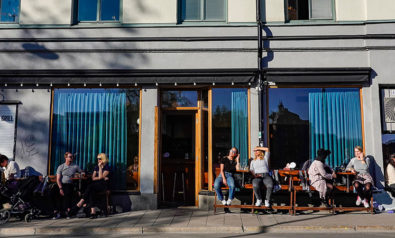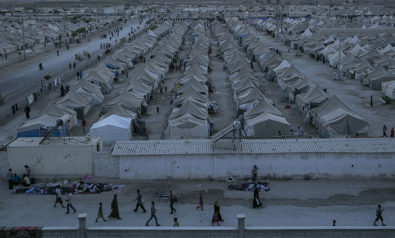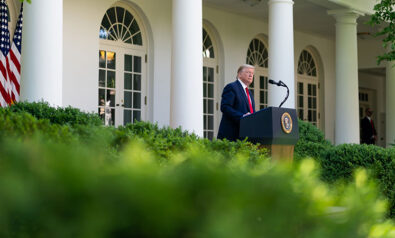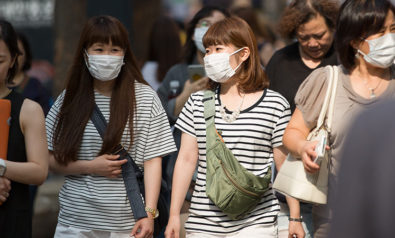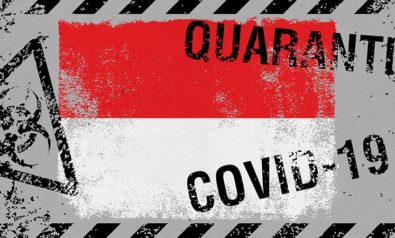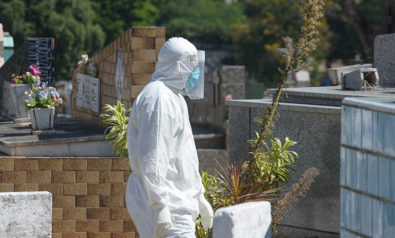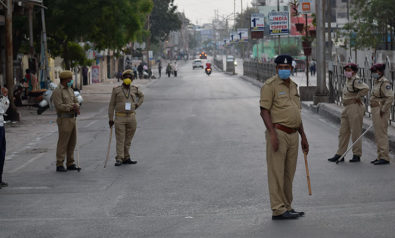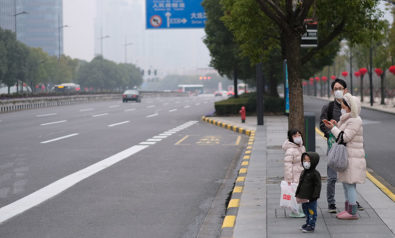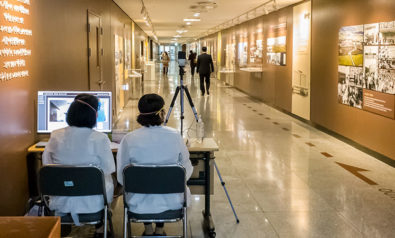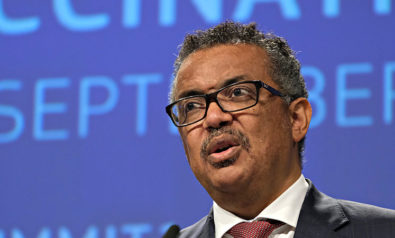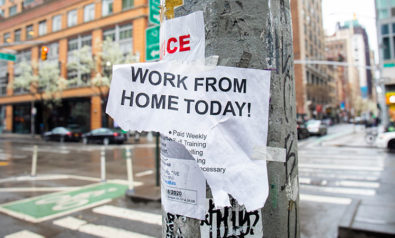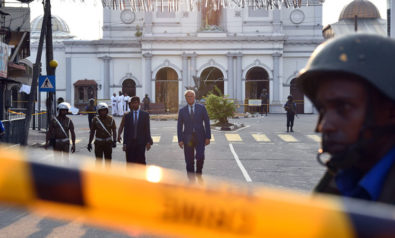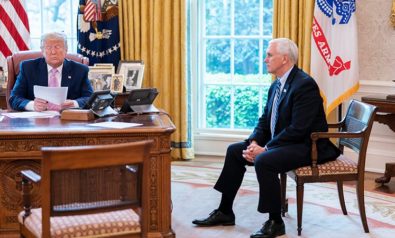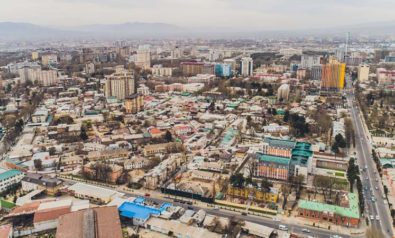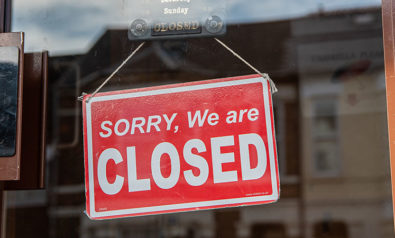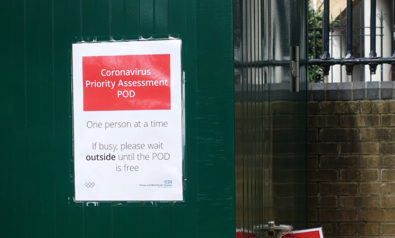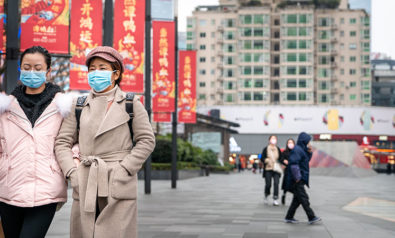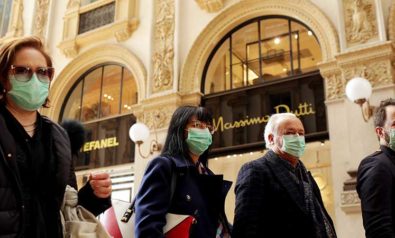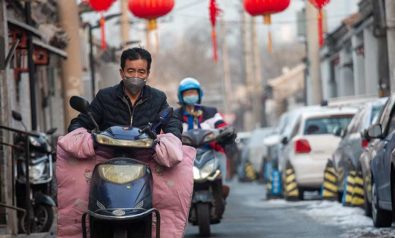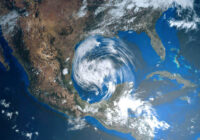The COVID-19 pandemic is a truly global crisis, challenging even the most advanced health systems and economies in the world. But more devastation looms as the novel coronavirus has not yet reached many of the world’s most vulnerable populations.
Among them are more than 900,000 Rohingya refugees in Bangladesh, who are crammed into the largest refugee settlement in the world with a population density four times that of New York City — conditions in which a disease like COVID-19 will spread like wildfire. The confirmation of the first case of COVID-19 in the camps located in Cox’s Bazar will mark a new frontline in global efforts to fight the pandemic. The time to step up efforts is now. Yet unnecessary constraints are already holding back the response.
The Risk to Rohingya Refugees
Having fled genocide at the hands of Myanmar’s military, Rohingya refugees have found refuge in neighboring Bangladesh. But they have also faced new challenges. Bangladesh has maintained restrictions on internet and mobile communications that slow efforts to educate refugees about how to prevent the spread of the coronavirus. The inability to communicate in a timely and effective fashion will also hinder efforts to track the spread of the disease and will force sick refugees to travel inside densely populated camps. A COVID-19 hotline set up in Cox’s Bazar is largely useless without reliable networks or the right to own a phone, which Bangladeshi authorities have banned.
Meanwhile, dangerous rumors are circulating through the camps. UN surveys suggest that many residents mistakenly believe that only “bad” Muslims are susceptible to the virus or that infected people will be killed by authorities. Bangladesh’s policies to increasingly limit Rohingya civil society and to begin building fencing around the camps have eroded trust and undermined those who are best placed to counter such false information.
The role of the Rohingya community itself will only become more important as Bangladesh understandably takes steps to prevent the spread of COVID-19, including limiting humanitarian access to only what are considered critical life-saving services. Yet Bangladeshi authorities and UN officials have not done enough to empower refugees. As a Refugees International report in February found, from absence in high-level discussions about their future to a lack of representative structures and adequate consultations on day-to-day projects, “Rohingya are still not being adequately informed or engaged on issues of vital importance to their lives and futures.”
More recently, in response to the emergence of the pandemic, Bangladeshi authorities and UN agencies have expanded health training and hygiene awareness campaigns and set up additional intensive care units. Hundreds of community volunteers are being trained and deployed throughout the camps to raise awareness and to look for signs of the virus. But reaching the hundreds of thousands in the camps remains a challenge. Earlier efforts by Bangladeshi authorities and UN officials to engage and empower Rohingya refugees would have better prepared the population to respond to an unforeseen challenge like COVID-19. Re-doubling efforts to do so now will be essential to ensuring the best response possible.
The Coronavirus in Bangladesh
The reality is that Bangladesh faces its own capacity challenges, lacking sufficient respirators and testing kits for its own citizens. Of a population of more than 160 million, only 55,000 people had been tested at the time of publishing. Just a few hundred tests have been conducted in Cox’s Bazar, the district in which the refugee camps are located.
As of April 28, more than 6,400 cases and 155 deaths have been reported in Bangladesh, mostly in Dhaka. That number is probably already much higher and likely to grow quickly. In Cox’s Bazar district, 15 cases have now been confirmed. While the authorities have not officially reported any cases in the refugee camps as of yet, hundreds of Rohingya are already being isolated. Humanitarian workers on the ground say it is only a matter of time before cases of infection are confirmed.
In the face of such challenges, preparation efforts cannot be limited by unnecessary restrictions. Bangladesh should immediately lift mobile and internet restrictions and avoid moves like building fences that will only further erode trust in the community. Even as needed isolation measures restrict access for humanitarians, essential services must continue, and Bangladeshi authorities must work with UN agencies to train and equip the community members who will be the first line of defense in the response.
The world cannot afford to ignore the most vulnerable populations like the Rohingya. Containing the global spread of the coronavirus does not end with domestic efforts in the most advanced health systems. It must include the world’s most vulnerable to be truly effective.
The views expressed in this article are the author’s own and do not necessarily reflect Fair Observer’s editorial policy.
Support Fair Observer
We rely on your support for our independence, diversity and quality.
For more than 10 years, Fair Observer has been free, fair and independent. No billionaire owns us, no advertisers control us. We are a reader-supported nonprofit. Unlike many other publications, we keep our content free for readers regardless of where they live or whether they can afford to pay. We have no paywalls and no ads.
In the post-truth era of fake news, echo chambers and filter bubbles, we publish a plurality of perspectives from around the world. Anyone can publish with us, but everyone goes through a rigorous editorial process. So, you get fact-checked, well-reasoned content instead of noise.
We publish 2,500+ voices from 90+ countries. We also conduct education and training programs
on subjects ranging from digital media and journalism to writing and critical thinking. This
doesn’t come cheap. Servers, editors, trainers and web developers cost
money.
Please consider supporting us on a regular basis as a recurring donor or a
sustaining member.
Will you support FO’s journalism?
We rely on your support for our independence, diversity and quality.


